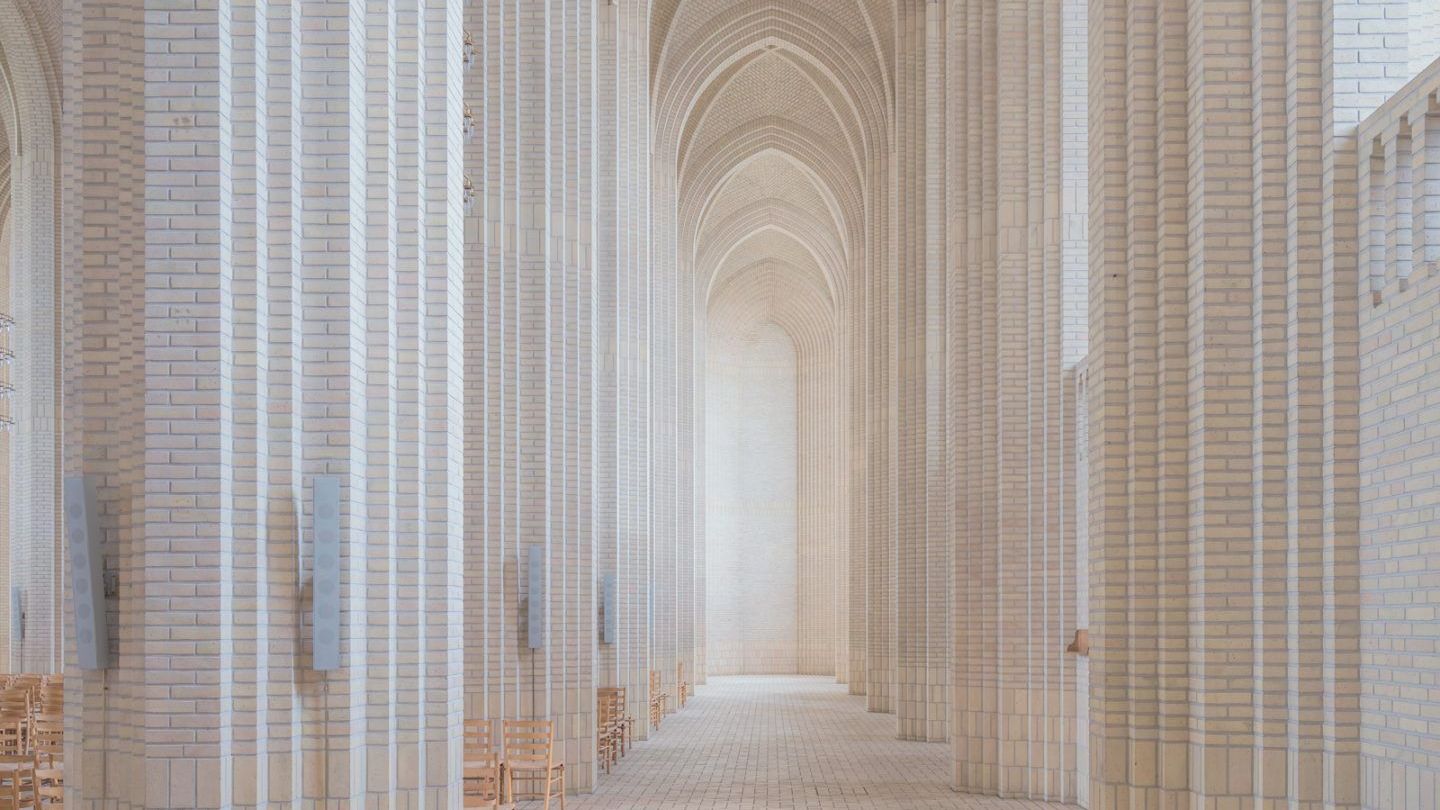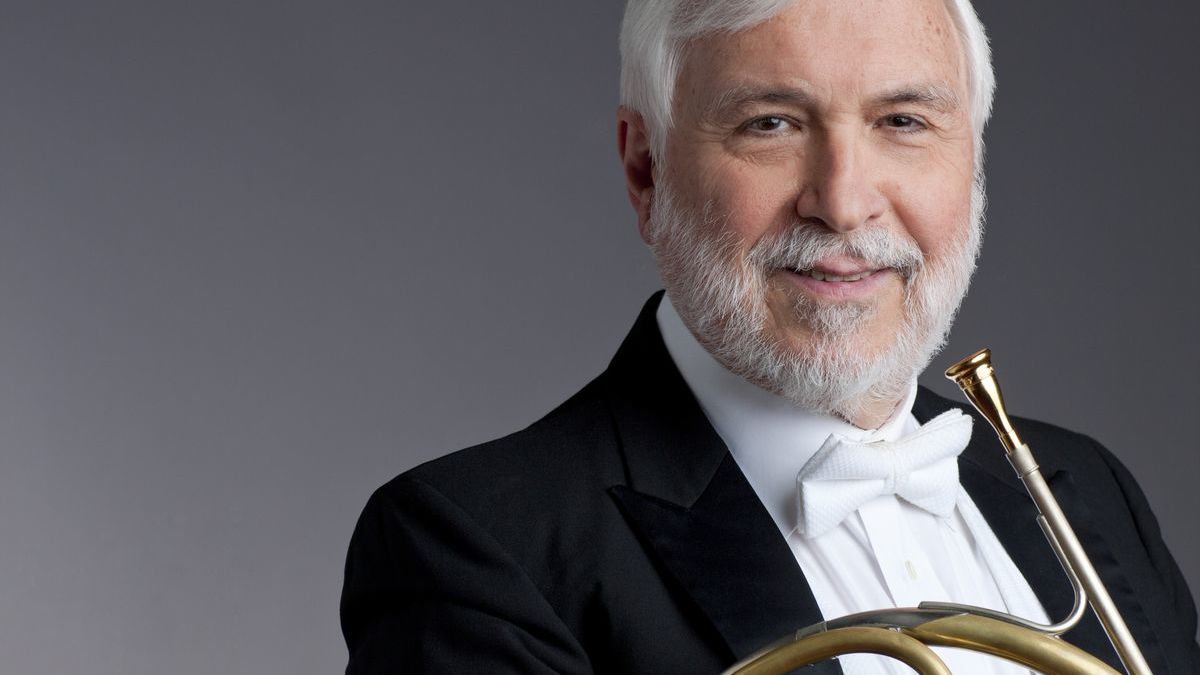Borodin’s Second Symphony: Solemn, Celebratory, Heroic
Alexander Borodin (1833-1887), the great Russian Romanticist, once said, “I’m a composer in search of oblivion; I’m always slightly ashamed to admit I compose.” By day, Borodin was a brilliant research chemist and a distinguished professor at the Medico-Surgical Academy in St. Petersburg. When he was not passionately investigating aldehydes, he was creating some of the most innovative Russian music. The small catalogue of works he left behind includes two completed symphonies, two …







